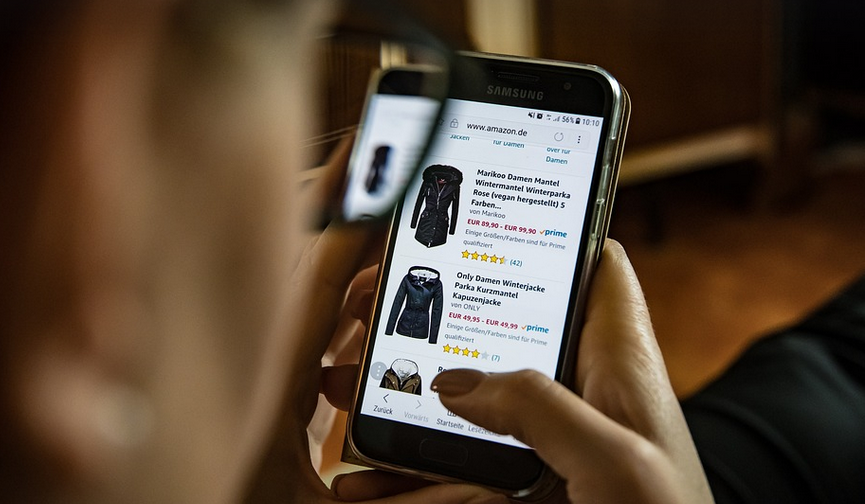Protecting Your Privacy: Why It Matters More Than Ever

The Rise of Data-Driven Everything
In the year 2024, we live in a world where data reigns supreme. Every click, every search, every purchase leaves a digital footprint, and businesses are hungry to collect it all – from your location and shopping habits to your political views and even your relationships with friends and family. This constant flow of information about us is what powers the algorithms driving our online experiences: personalized recommendations, targeted advertising, and even predictive services that anticipate our needs.
The problem? This data-driven society often lacks transparency and accountability. We rarely know exactly how our data is being used or shared, leading to a lack of control over our own information landscape. The power dynamic shifts from us – the consumers – to large corporations and tech giants who amass significant amounts of personal data with little regard for individual privacy.
This rise in data collection raises serious concerns about our fundamental right to privacy, something that has long been a cornerstone of social justice and human dignity. It’s no longer just an idealistic notion; it’s become a crucial aspect of navigating the complexities of modern life. Data breaches are becoming increasingly frequent, with personal information stolen and exploited through cyberattacks and data leaks. It’s only a matter of time before someone tries to take advantage of your private information – and you can’t just rely on hope that they won’t.
Think about it: how would you feel if your most intimate details, from your health records to financial transactions, were being tracked by companies without your consent? It’s a chilling thought that highlights the potential consequences of a world where our privacy is constantly under threat. And this isn’t just about feeling uneasy; these breaches can have devastating consequences. In the worst-case scenario, your identity could be stolen, leading to financial instability, legal trouble, and even emotional distress.
Even if your data is not being used for direct exploitation like that, imagine how frustrating it would be to constantly feel tracked and monitored by companies you buy from, use apps from, or simply interact with online. It’s a constant feeling of being watched and judged – and that can leave you feeling powerless and exploited.
Therefore, protecting your privacy in 2024 is like building a fortress around your personal information. It’s about understanding exactly what data companies hold on you, how this data is collected and used, and taking steps to limit their access and control over it.
The good news is that taking control of your privacy shouldn’t feel overwhelming: there are practical steps you can take to reclaim your digital autonomy.
The Benefits of Protecting Your Privacy
You might be wondering why bother with all this fuss about privacy in a world where data seems like the ultimate force? Well, it goes beyond just avoiding bad things that could happen; protecting your privacy offers a host of benefits:
**1. Enhanced Control and Autonomy:** By exercising control over your personal information, you gain greater autonomy in how you interact with online platforms and services. You decide who gets access to your data, how it’s used, and for what purposes.
**2. Increased Trust and Security:** Having clear understanding of how your personal information is handled cultivates a sense of security and trust in the digital world. You feel less vulnerable as you realize that companies are working to protect your data rather than exploiting it.
**3. Freedom to Choose:** Protecting your privacy unlocks a wider range of choices, allowing you to participate in online activities without fear of unwanted scrutiny or manipulation. You can freely explore personal interests and express yourself without feeling the pressure to constantly curate a perfect digital image for others to see.
**4. Fosters Ethical Data Practices:** Protecting your privacy helps create an ethical landscape for data collection and usage. It leads to greater accountability from companies, forcing them to prioritize respect for individual rights over profit margins.
**5. Promotes Digital Responsibility:** By prioritizing privacy, we shift the focus of online responsibility onto individuals rather than on corporate entities. We become empowered to navigate the digital world with greater care and consideration for our personal data.
Protecting your privacy is more than just a technical matter; it’s about reclaiming control of your life in the digital age. It empowers you to make informed decisions, build meaningful relationships online, and pursue your passions without fear. It’s about creating a more equitable and respectful digital world for everyone – not just corporations.


